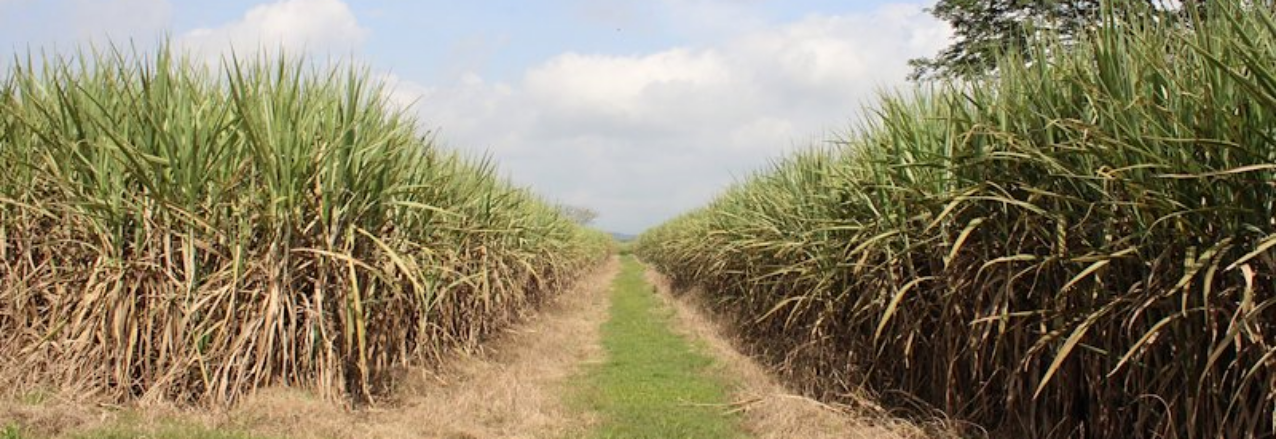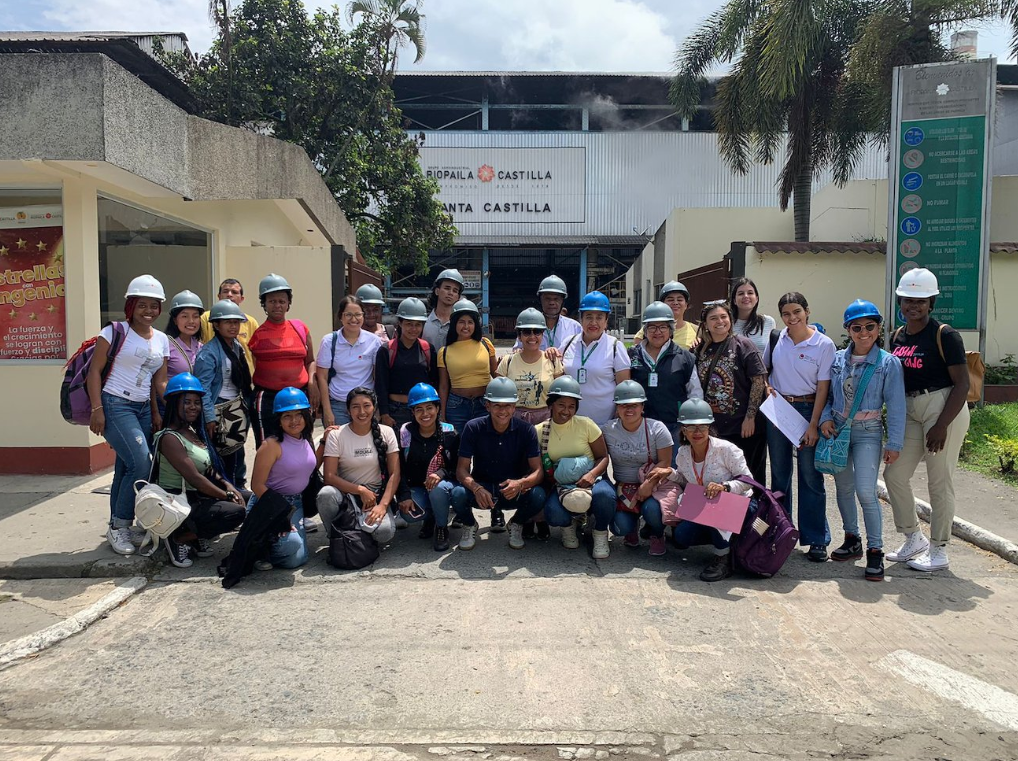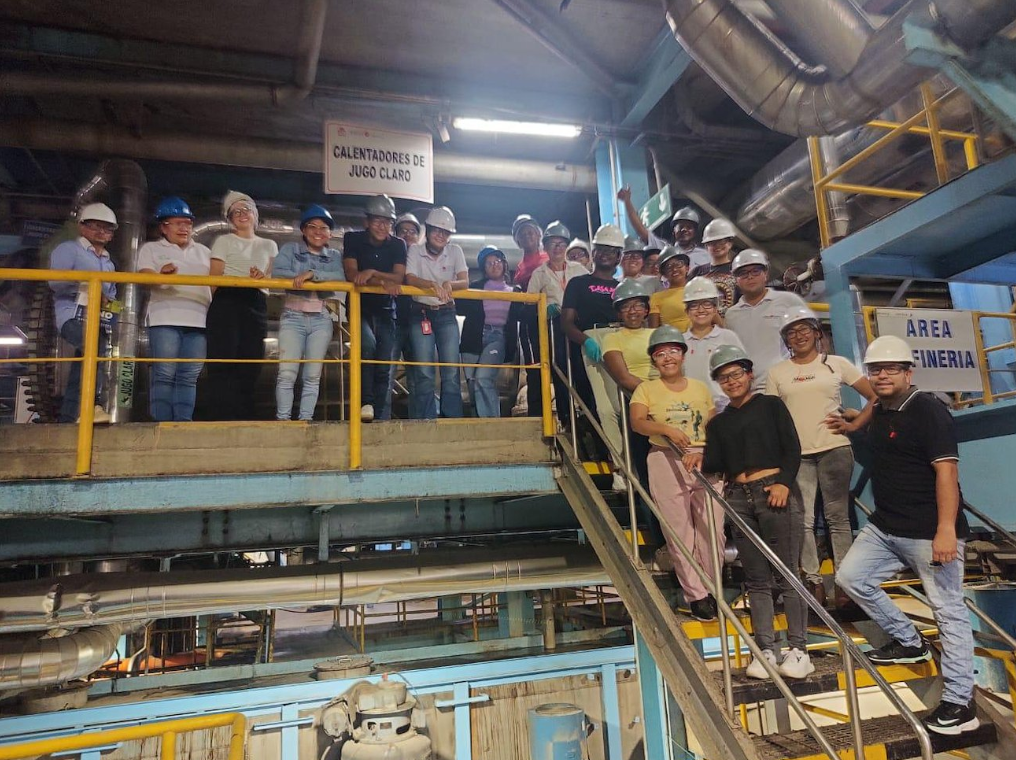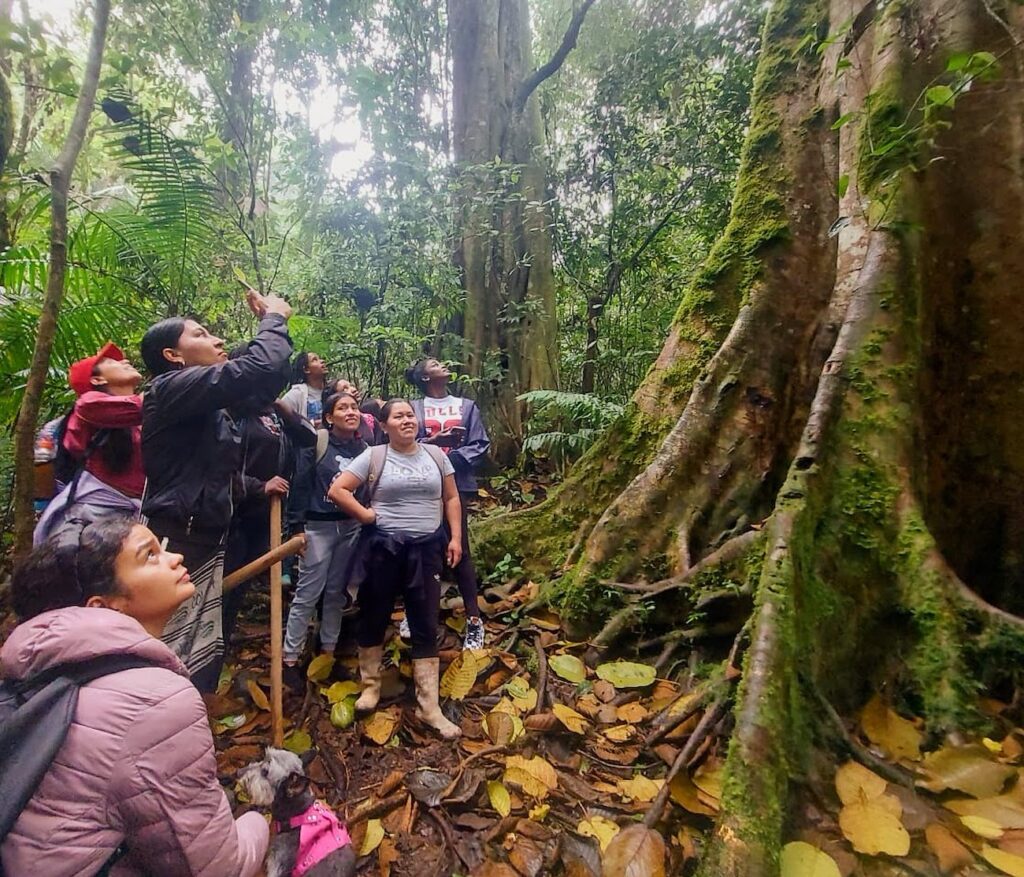LFP supports a network of youth leaders and their relationships with the private and public sector to increase synergy around water conservation.
Since the 2021 social protests, young people in Colombia and especially in Cauca have increased their distrust and distanced themselves from state institutions. However, interfacing with the public sector and large scale agro firms like Riopaila Castilla gives youth social leaders the chance to dialogue and find common ground, in this case, the protection of critical watersheds in the region.
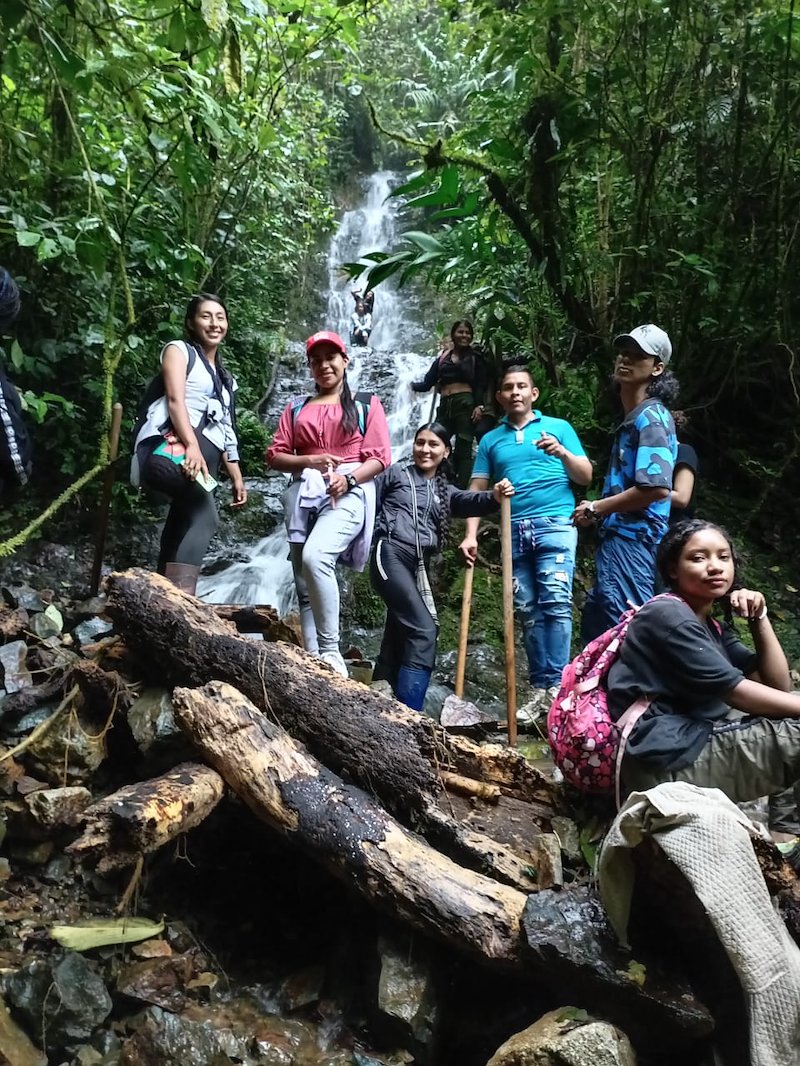
The Youth Water Protectors Network, known as the Red de Jóvenes Sembradores del Agua, has completed its first cycle under the Conservation public-private partnership (PPP) in Northern Cauca, reaching 30 youth, indigenous and Afro-Colombian social leaders, students, and farmers from Corinto, Toribio, Caloto, Miranda, and Santander de Quilichao. They are brought together by their passion for environmental issues in their region.
The diverse group of youth leaders have already participated in five workshops and conducted field visits to conservation areas such as the Munchique National Park. The youth network also coordinated visits and roundtable discussions with Cauca’s Environmental Authority (CRC) and the Fundación Caicedo González, the corporate social responsibility arm of Cali-based agro-industrial giant Riopaila Castilla.
“This youth network has given us the opportunity to be the voices of our communities in regards to state entities and be proactive with our new ideas, which are formed by how we live and see the world from our municipalities,” says Irania Díaz Escudero, social leader from Corinto.

The municipality of Corinto is located on western flanks of the Colombia’s central mountain range in the foothills of the massive Nevado del Huila volcano. Its main river, La Paila, feeds the larger Palo River system and is home to fragile ecosystems and native forests, which are threatened by expanding agro industries and illicit crops. Corinto’s flat areas are covered by sugar cane plantations that use highland water and place watersheds at risk due to sewage and wastewater from sugar mills.
Creating Dialogue
The youth network met with researchers from Cenicaña, a Cauca-based sugarcane investigation organization and with representatives from Riopaila Castilla. The visits allowed the youth leaders to learn more about sugarcane processing, Cenicaña-led environmental initiatives, and water management in industrial sugar plants.
This collaborative scenario has potential for positive outcomes. The Fundación Caicedo González would consider financing environmental projects led by the youth network in their municipalities. The youth group will come up with ideas for water conservation projects that also mobilize youth, and LFP will help structure the proposals.
“For the private sector, it is important to support this type of initiatives because we transform our territory by coming together and because environmental issues affect all of us,” explains Daniella Tafurt, environmental territorial development agent from the Fundación Caicedo González
Partnership for Water
The PPP in conservation was facilitated by Land for Prosperity in 2022 to promote cooperation among communities and the public and private sectors to protect key ecosystems and water resources in Northern Cauca. The PPP includes contributions amounting to USD $2 million and has held four large-scale forums on conservation, waste management, and watershed protection.
Under similar activities, the PPP also trained a group of women under the Escuela de Mujeres Cuidadoras del Agua, an initiative aimed at women leaders. The innovative school included eight training sessions totaling 60 hours of training in gender and equality as well as their intersection with environmental topics like: climate change, water resources, payment for ecosystem services, and sustainable agriculture practices.
The women water protectors belong to Afro-Colombian communities, indigenous groups, local governments, youth organizations, agriculture associations, and environmental NGOs from the municipalities of Santander de Quilichao, Caldono, Guachené, Corinto, Toribio, and Suárez



